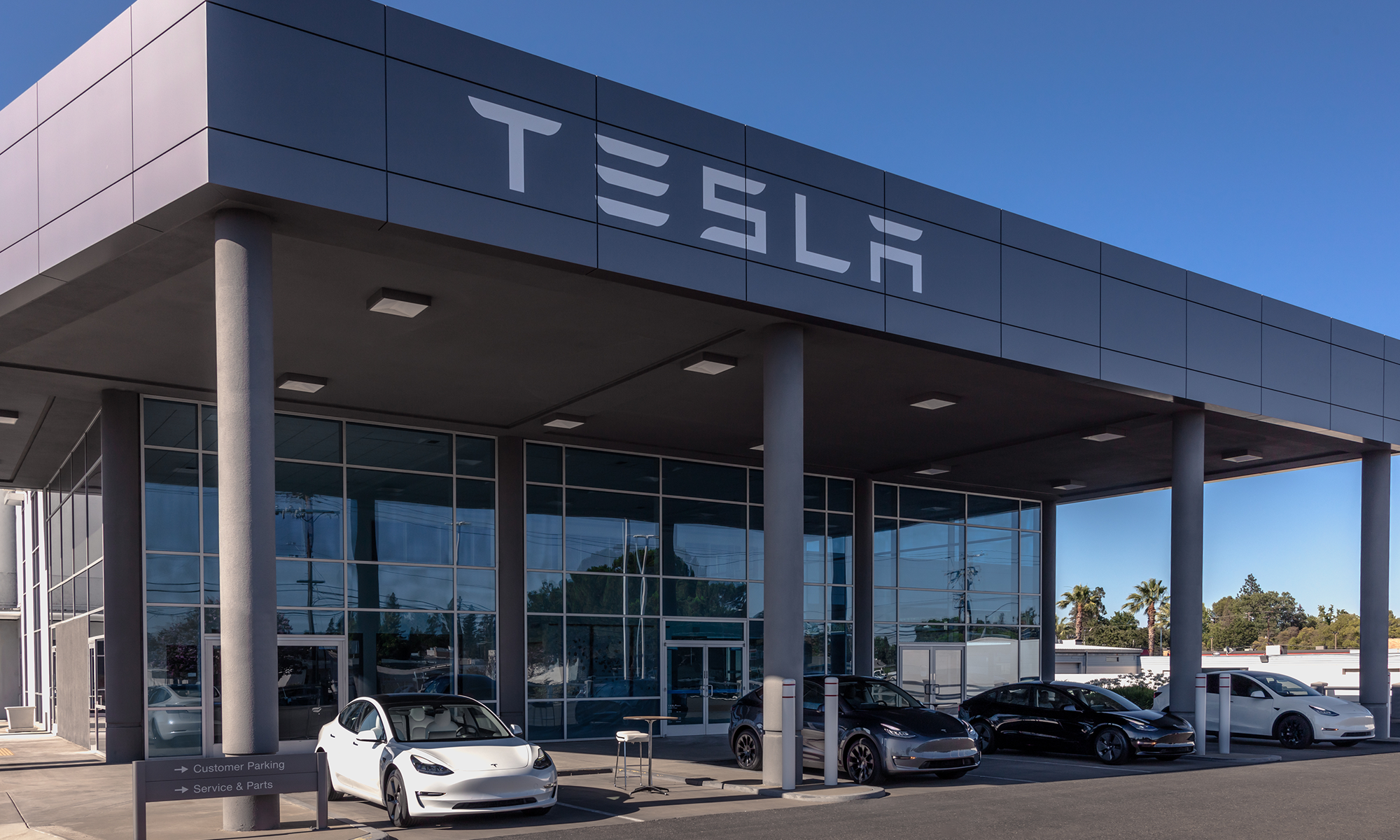In this clip from the Motley Fool Money radio show, Chris Hill, Matt Argersinger, and Jason Moser talk about Tesla Motors' (TSLA 4.17%) audacious goal of increasing its production to 500,000 cars per year by 2018. That's not merely doubling production or even tripling it. It's increasing the number of cars Tesla produces tenfold.
We look at how the stock is valued right now and how that value looks if they're able to pull this off. The logistics of achieving the goal seem monumental as it would be an unprecedented feat of planning, engineering, and operations. Certainly, founder Elon Musk has been an ambitious personality, but is it possible for even him to reach the finish line two years faster than Tesla previously forecast?
This podcast was recorded on May 6, 2016. A transcript follows the video.
Chris Hill: Tesla Motors lost money in the first quarter, but that's not surprising. What was surprising was the company moving up its production target of delivering 500,000 vehicles by two years. Matty, they're on pace to deliver about 50,000 this year, so by 2018, they're going to deliver 10 times the number of vehicles?
Matt Argersinger: What's 10X between friends, Chris?
Hill: (laughs)
Argersinger: No, I thought...
Ron Gross: I'm having a vision.
Argersinger: Elon Musk, on the shareholder letter, actually had the ultimate understatement. He said, "Increasing production fivefold over the next two years will be challenging, and will require some additional capital." Yes, it will definitely require additional capital. It will require, I think, Tesla's becoming the best manufacturer on Earth, which is what he actually said on the conference call. He said, "That's what we're aiming to do, and that's really the only way we'll be able to get to some kind of number like that."
They're really hoping, by the end of the second quarter, to be at a rate of 2,000 units per week. Now, that would put them, on an annual basis, at about 100,000, exiting the year. They're ramping up very fast, but getting to 500,000 is going to take quite a lot. They have the Gigafactory coming online later this year. That's ahead of schedule. But there's no doubt in my mind that they're going to have to raise a lot more capital.
Hill: Don't get me wrong, the aspiration to be the greatest manufacturer on Earth is a wonderful one. But the clock is now ticking, and it's set for two years earlier than it was before! So it's not just, "We want to be the best manufacturer," it's (laughs) "We want to be the best manufacturer in the next two years."
Argersinger: Well, and not only that, but I think it's also essentially doing what no manufacturing company has ever done in history. I'm not one to bet against Elon Musk, but that's going to be quite an achievement.
Jason Moser: I think the real story here is the nonchalance in Chris's voice there when he's talking about Tesla losing money. He's like, "Yep, we knew that was coming, that's no big deal." I mean, at some point, you have to put up or shut up, right?
Gross: Do they need to reach those production levels to justify the current valuation of the stock?
Argersinger: If they reach those production levels, let me tell you, I think the stock is actually cheap. So, I don't think they need to do that. The reason they need to hit that number is because the demand for the Model 3. If you have any hope as a Model 3 buyer to get your car before 2018, they really almost have to hit those kinds of production levels.






